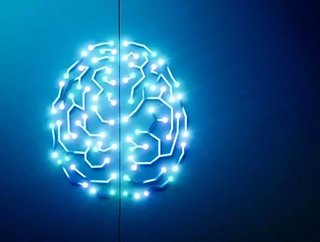Microsoft acquires conversational AI startup Semantic Machines

Leading global technology company Microsoft has announced that it has acquired Semantic Machines in the aim of enhancing its smart assistant Cortana using artificial intelligence.
The California-based startup uses machine learning to help smart assistants learn information that can then be used in future dialogue, with the company having aided Apple with the creation of automated speech recognition capabilities for Siri.
“For rich and effective communication, intelligent assistants need to be able to have a natural dialogue instead of just responding to commands,” said David Ku, CVP and CTO of Microsoft AI & Research.
“Their [Semantic Machines] work uses the power of machine learning to enable users to discover, access and interact with information and services in a much more natural way, and with significantly less effort.”
See also:
As part of the deal, Microsoft has revealed that it will build a new conversational AI centre of excellence in Berkeley, a place where Semantic Machines already has a footprint, as the company looks to pioneer the technological development of smart assistants.
“With the acquisition of Semantic Machines, we will establish a conversational AI center of excellence in Berkeley to push forward the boundaries of what is possible in language interfaces,” said Ku.
“Combining Semantic Machines’ technology with Microsoft’s own AI advances, we aim to deliver powerful, natural and more productive user experiences that will take conversational computing to a new level.”
Semantic Machine’s software compliments Microsoft’s existing efforts, having announced that its Chinese chatbot can now politely interrupt humans, both listening and conversing at the same time.
Further, Microsoft has been continually developing its Cognitive Services, now with 1mn developers, and its Azure Bot Services, with 300,000 developers on the platform, to this end.
Similarly, Google has been working on developing its own advanced automated speech technology, having unveiled its enhanced Duplex system at the I/O Conference earlier this month. For more information on this and how else Google is looking to implement AI this year, see Android, Assistant and AI: Eight key announcements from Google’s I/O Conference.
- OpenText’s Muhi Majzoub: Engineering Platform Growth with AIEnterprise IT
- OpenText CEO Roundtable: The Future of Safe Enterprise AIDigital Transformation
- OpenText AI: Empowering Businesses in Information ManagementDigital Transformation
- Microsoft in Japan: $2.9bn Investment to Boost AI & CloudCloud & Cybersecurity






